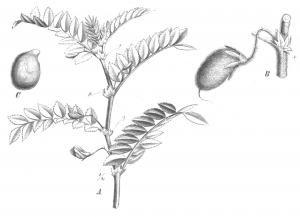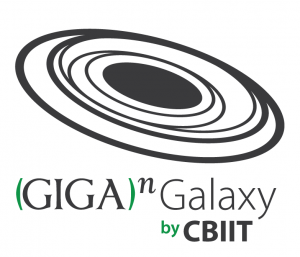
Today we have a guest posting from F1000’s Iain Hrynaszkiewicz covering the topic of medical data sharing One of the world’s most influential medical journals recently highlighted data sharing as an important issue to be addressed if we are to improve the quality of reporting of biomedical research.





